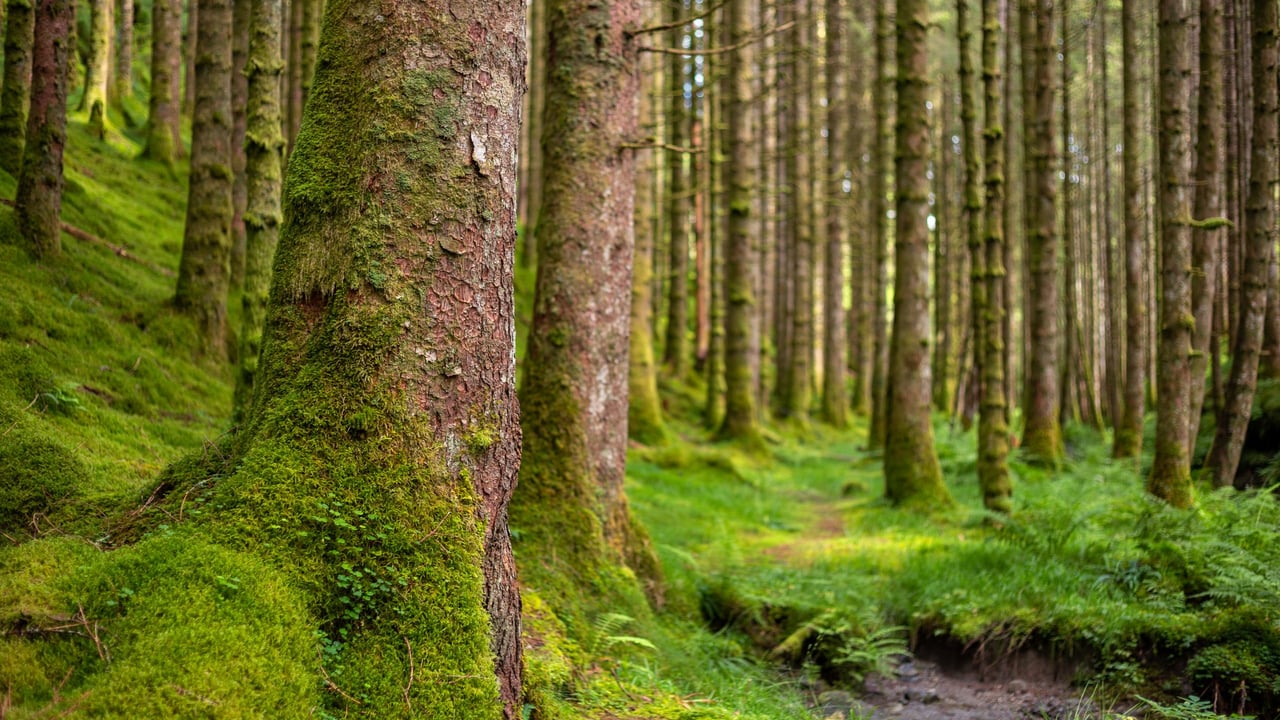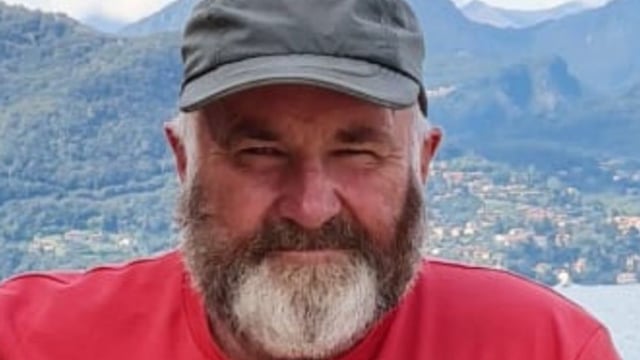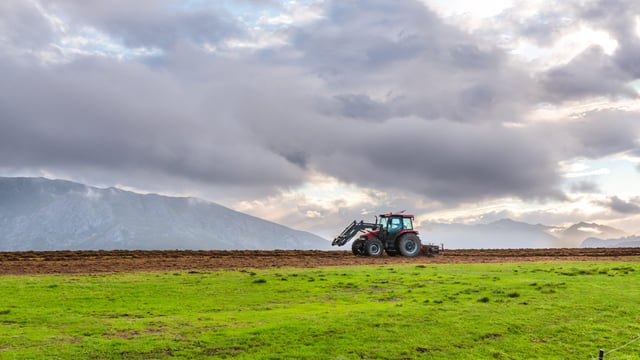Watch: Changing land use a 'good news story' - O'Donoghue
Around 11% of land in Ireland is currently covered by forestry, according to University of Galway Prof. Cathal O'Donoghue.
Speaking at the RDS Finding Common Ground festival in Dublin today (Thursday, April 10) he highlighted why land use change, in his opinion, is "a good news story".
The professor of public and social policy said: "There's lots of discussion about issues within the sector at the moment. When you look [back] over the century, land use change into forestry is the biggest land use change we've seen since the foundation of the state.
"We started at 1% of land cover in 1922 and now it’s at 11%, so it's a really good news story.
"I mean it's hard to do that, and it happened at different rates at different times, and there was a peak in the 1990s. So it is a good news story, we have twice the area in forestry relative to crops, fruit, and horticulture".
Prof. O'Donoghue believes, however, that one pressing concern is the decline in forestry.
"The narrative at the moment, and the concern, is the decline and the deforestation rate.
"I wrote a couple of years ago that we need to revisit the systems and structures with which we support afforestation," he added.
The professor is working on a project to determine what would happen if a farmer planted forestry, and the land relative to what they are doing already.
He said that over the long term, a significant percentage of farms "would be better off planting trees, and harvesting later in the life cycle, relative to what they're doing at the moment.
"Not surprisingly, given that dairy incomes are much higher than other systems, the share of our farmers which would be better off planting forestry is much higher for cattle rearing, sheep, and tillage farmers," the professor said.
Agriland asked Prof. O'Donoghue what the next step for forestry is in Ireland.
"That's a very difficult question. Putting money into it, the state agrees it's an important thing to do. The challenge is about behavioural change.
"We know what to do, we have the resources to do that. We can justify spending more money as well, in terms of the carbon that's sequestered.
"We need a rethink, we need to think about how we can make it easier for farmers," Prof. O'Donoghue said.





